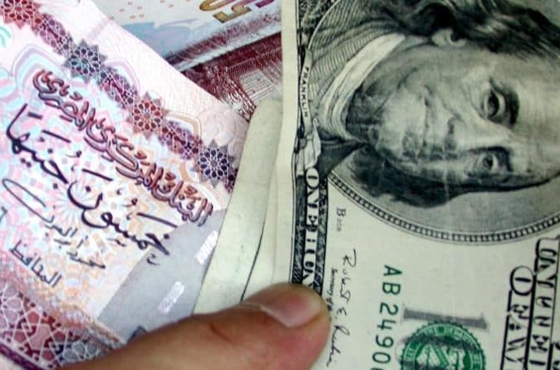Regional investment bank EFG Hermes indicated that the Egyptian pound is slowly stabilizing following the Central Bank of Egypt's decision to float the currency in November 2016, due to increased capital inflows and a gradual clearing of foreign currency backlogs. It said that the banking sector attracted $9bn in inflows between November 2016 and January 2017, driven by de-dollarization and the migration of foreign currency liquidity to official channels.
In addition, it pointed out that the successful Eurobond issue in January reassured investors of the positive outlook on the pound, and increased foreigners' holdings of government debt to more than $2bn by mid-February from nearly zero over the past years.
The pound has been appreciating from EGP18.8 against the US dollar at the start of February 2017 to EGP15.8 on February 21, 2017, relative to a peak of EGP19.3 on December 20, 2016, supported by the positive developments.
EFG anticipated the pound to continue to appreciate during the remainder of 2017. However, it estimated that the currency appreciation could have been stronger if portfolio inflows entered directly to the market rather than through the repatriation mechanism to the CBE's account. Further, it expected the pound to trade largely at between EGP17 and EGP18 per dollar throughout 2017, as the appreciation of the pound would be balanced by the remaining dollar backlogs, higher demand for foreign currency, as well as by the lifting of prevailing capital controls in June 2017.
In contrast, it said a recovery in tourism activity and higher portfolio inflows and outside of the CBE's repatriation mechanism would lead to the further appreciation of the pound.
Source: EFG Hermes, Byblos Research
27 February





































































